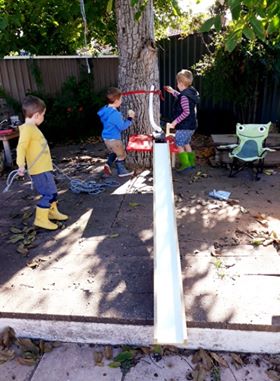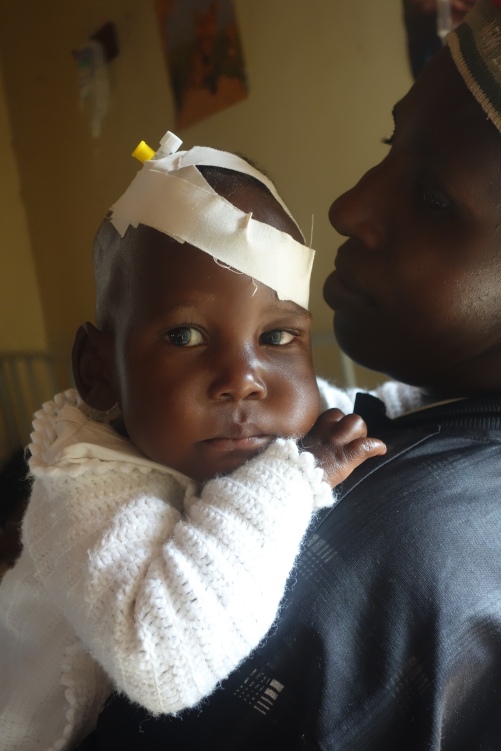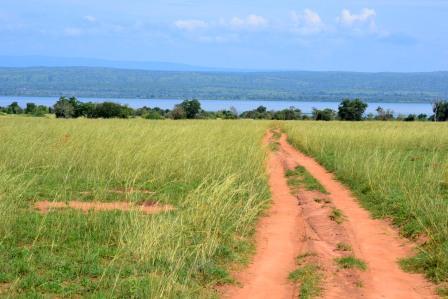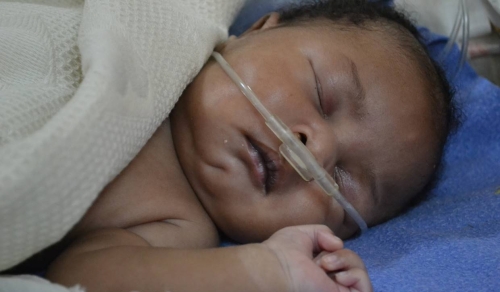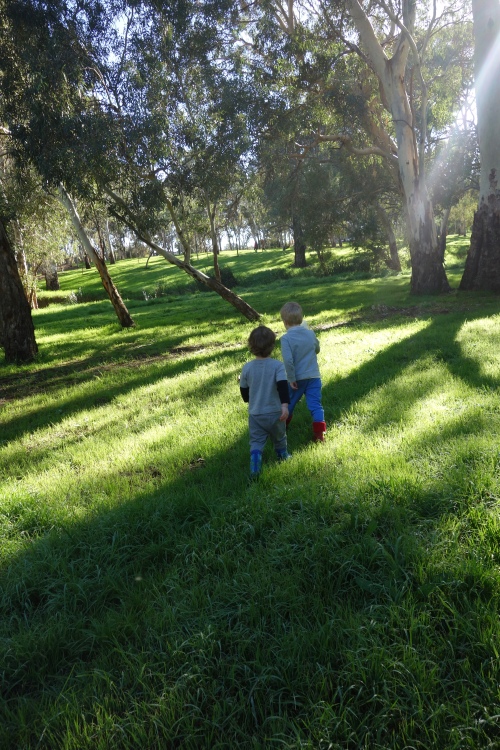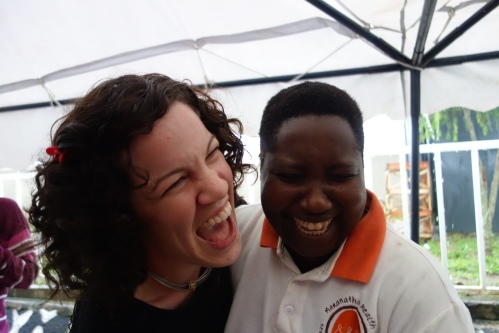*This blog was written a few months ago, but I’ve only got around to posting it now. We are (thank goodness) past this initial stage of disorientation, feeling quite settled now, and are enjoying much of what Australia has to offer… although still missing Uganda!
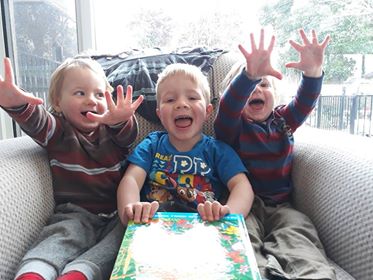
My crazy boys!
Many would agree that shifting countries and cultures can be tough. Each time, the transition leaves me with the same sense of disorientation one experiences from being woken abruptly mid-dream; somewhere deep in your conscious you know you are awake, but emerge from sleep floundering between the two worlds, until that point you grab hold of reality once more.
And this time, moving back to Australia, has been no exception.*
Other times when we have moved ‘home’ to Australia, it has been on a temporary basis, and normally full of chaos and the unplanned scramble for accommodation, health checks, finding work quickly and setting up somewhat of a life before baby/babies come.
But this time has been much calmer. And more permanent.
It’s been chosen and planned and executed by us. We booked our tickets from Uganda more than a few weeks in advance, for the first time, ever. We are not in crisis mode.
We actually are now faced with the challenge of making a life for ourselves here.
And that pesky but familiar friend of mine that follows me like a shadow through my transitions has unsurprisingly surfaced: Grief. But this time, I was prepared.
Since becoming a mother, I have found it difficult to give myself the time and space to process big emotions like grief. This time it has been a full-time job for Michael and myself to help our kids through the transition, and be available as they grapple with the changes in their lives. Luckily we have fantastic family support, which has offered me the luxury of a few hours off here and there to think and pray and meditate and accept and write.
I am still very much in the midst of my cultural re-entry, where I feel awkward and emotional and a little disconnected from life in Australia. Trying to connect and find my feet often feels clunky, and because I look and sound the same as everyone else, it always gives me a strange feeling of being an imposter, attempting to fool everyone that I’m an expert in Australian culture. It’s a weird feeling.
Thankfully, children are amazingly resilient creatures, and I have much to learn from my own! I have been watching them closely over the last few weeks, and these are some of the helpful things they do to make it through the first messy 6 weeks of transition:
Do things you love:
Since being back, all my children have been a little bit in a funk. Their little lives were uprooted and they have been placed somewhere new, all outside of their control. This is most clearly the case with my eldest, who is 4. However, they are well practiced in the art of living in the moment, as most children are. Since being home we have borrowed some ride on bikes for all 3 (thanks to grandparents!), and they have gleefully wizzed up and down our driveway, happily unconcerned in those moments by the stresses of the transition. It is a reminder that doing things you love is so important to give yourself a break from the hard stuff, no matter what country you are playing in!
Notice the differences with wide-eyes:
David’s observations remind me how different life is, which has helped adjust my own expectations of myself as I settle back in.
‘Wow mum, they have a LOT of electricity in Australia!’
‘They have a lot of footpaths and playgrounds!’.
‘The houses are very different…’
‘There are no boda’s here! And not as many people!’
It reminds me that once again, we are adjusting to a new normal. Every observation he makes, every discussion with David around the differences, gives me permission to take my own time to adjust. I’m allowed to go to the supermarket, look with wide eyes, and come home flustered mid shop. I’m allowed to feel overwhelmed by what we see as different. Seeing David remark on all the changes with wide eyes, sometimes with uncertainty creeping into his voice, has reminded me to look at my own experience with self-compassion.
Find a balance of what you will hold onto from Uganda:
I often find when I am home, I swing wildly from denying my ‘African’ self and choosing not to talk about life there, to not embracing anything about Australia and complaining about my own culture. My kids, in their own little ways, are learning what they want to incorporate into their lives here, from Uganda. Normally any accents are the first thing to go, which is true this time round as well. Language provides a profound little insight into their process of transition though. Thomas and William were in the car with me the other day, and saw a motorbike. As they would in Uganda, they immediately pointed to it and exclaimed ‘mummy, boda’! I explained to them that it wasn’t carrying passengers, so it was just a motorbike. William disagreed strongly, shaking his head wildly and proclaiming ‘boda!’. Thomas looked at William with those cute little profound eyes that he has, and raised a finger. ‘no William, boda-bike’, to which William nodded and agreed. The tribe has spoken.
David in the meantime insists on using (arguably) the most useful term in the Rutooro language, ‘kabalega’. The term is used to describe, among other things, when children put their shoes on the opposite (wrong) feet. There is no word like it in English. Every day, whether he is talking to us, his grandparents or others, Dave puts his shoes on and asks ‘is this kabalega?’. He has decided that this Rutooro word will stay as a part of our household, and the twins when I put their shoes on now also say ‘lega? Lega?’ as well, which is not only useful, but super cute!
I need to enjoy some of the luxury here:
In Africa, I am constantly drumming into my kids not to drink water unless they know that it has been boiled. They get told off regularly for trying to drink tap water, bath water, etc. The other day, we were having a conversation with Dave about being able to drink tap water here and how lucky we are to now live in a place where water is safe to drink from taps, where in Uganda so many kids get sick from drinking unsafe water. He was sitting in the bath at the time, and looked at me in disbelief. ‘Really?, I can drink ANY water from ANY tap?’, he asked in surprise. I nodded, smiling. He laughed, and looking doubtful, asked ‘what about the bath tap?’. I nodded my permission and he turned the water on and drank from the tap in our bath, all the while laughing in delight as if he was doing something utterly outrageous and thrilling. It’s the small things. The lesson? I don’t have to feel awkward and reminded of the vast inequality of our globe, every time I drink fresh clean water out of my tap. Sometimes I can just enjoy the convenience!
Re-learning doesn’t take too long:
Taking David on a kindy visit gave me an awareness that once again – although socialising in this context feels ‘familiar’, its often clunky after being away. David is used to different social rules and a different culture. He was super overwhelmed at his kindy visit. When the other kids asked him his name, he responded (as he always does) with his full name, said in one long burst of syllables ‘DavidMandelaFindlay’ as every child in Uganda does. Everyone, including the teachers, struggled to understand (despite his clear articulation). He looked at me in bewilderment, and I introduced him as just David. He has followed suit since then, and has switched easily. I’ve already had my own clunky experiences, and watching him have them too is a reminder that we have become used to social interaction in another context. But seeing him adapt so quickly reminds me that humans are hardwired for connection.
I am learning once again that feeling at home in a place takes time.
When we were here in Australia last time to have the twins, we bought a house. This international move (the sixth one in eight years!) has been the first time that we have ever – on either side of the world – moved back into the same house, or even known where we would be living before we arrived. In many ways, this has been lifesaving! Naively though, I assumed that this would mean I would immediately feel settled. Not so.
In every new place we went after leaving our home in Fort Portal, William would look at me with his big curious puppy-dog eyes, and raising his voice in a question ask; ‘mummy, home?’ First in Kampala at our friends place, then in Entebbe, then when we reached Dubai airport, then in Adelaide at my parents place, and finally when moving into our house. I can now answer in the affirmative! But still at least once a day, even now, he looks at me and says ‘mummy, home?’ Sometimes it’s in the context of pretending he is on a plane, and he will also say ‘Violet?’ or some other favourite person of his in Uganda. It pulls at my own fresh farewell grief immensely, and reminds me that home is not an instant reality. It is people and community and familiarity and history, things that are built over time. What my own children are teaching me, is that I need to carve out a big chunk of time for Australia to feel like home again, and that’s ok.
So that’s my lessons on moving countries and cultures, from my little people!

